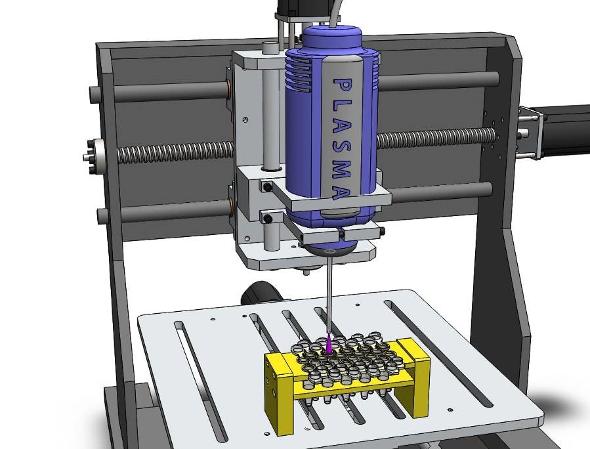Internationale Partnersuche
Innovation & Technologie Angebot
Method for preparing microvesicle low binding tubes
Country of Origin: Slovenia
Reference Number: TOSI20170222001
Publication Date: 23 February 2017
Summary
A Slovenian research institute offers technology for surface treatment of diagnostic polymeric tools (mostly tubes). The surface treatment enables higher yields and lower fragmentation of microvesicles by preventing their adsorption on the surface of different tools used for collecting, storage, transport and isolation. Producers of equipment for diagnostic laboratories, specifically plasma treatment devices, are sought for licence or technical cooperation agreement.
Description
Microvesicles are cellular vesicles that are involved in intercellular communication by transporting signalling molecules. Studies have shown that microvesicles represent an important subject in detection of various diseases such as cancer, inflammatory diseases, atherosclerosis, coronary diseases, etc. These diseases should be identified in early stage and with high accuracy so that they can be cured effectively. When analysing body fluids (blood, cerebrospinal fluid) it is important to isolate sustainable number of microvesicles for further analysis. Microvesicles are likely to interact with surfaces of medical tools especially reaction tubes, where blood is stored and analysed by different technics such as centrifugation. Because of this interaction, fewer microvesicles are analysed and results of diagnostic tests are less reliable, which represents a significant drawback in diagnostic tests.
A group of scientist from Slovenian research institute, specialized in surface engineering, has developed a method for treatment of tools used for isolation of microvesicles and other extracellular vesicles. This technique includes use of plasma treatment of inner surface of isolation and detection tools (mostly reaction tubes). The method ensures treatment of tools with short pulses of highly ionized gas comprising both positively and negatively charged particles, which is enough to cause roughening of isolation tools on sub-micrometer or nanometer scale. Treatment is applicable particularly on tools made of polymeric material such as polypropylene, polyethylene terephthalate and polystyrene.
After the treatment, the surface of isolation tools becomes rough, which prevents excessive adsorption of microvesicles. Results of the study have shown at least two times higher yields of microvesicles. Technology is applicable in the field of disease diagnostic and biotechnological research, where biological samples with microvesicles and other extracellular vesicles are analysed.
Slovenian research group is looking for producers of equipment for diagnostic laboratories (specifically plasma treatment devices). The technology is suitable for in situ application – it is advisable to treat isolation and diagnostic tools in the diagnostic laboratory (in hospital or research institute) prior use. The technology is ready to be licenced to the company, which produces plasma treatment devices for diagnostics.
If the company is at the stage of development of such devices, Slovenian research group is looking forward to cooperate also under technical cooperation agreement.

Advantages and Innovations
• Technology improves diagnostic of biological samples with microvesicles and other extracellular vesicles, which helps better identification of diseases
• Results of diagnostic tests are more reliable and accurate
Stage Of Development
Available for demonstration
Requested partner
Type of partner:
Producers of equipment for diagnostic laboratories – specifically plasma treatment devices are sought.
Role of partner:
In the case of license agreement the implementation of technology to existing or emerging equipment.
Cooperation in the industrial sized scale-up of the process and joint development during the pilot phase in the case of technical cooperation agreement.
Cooperation offer ist closed for requests

